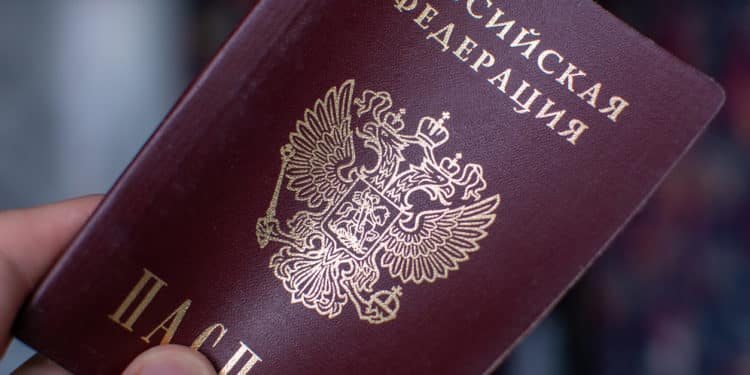On November 2, U.S. National Security Agency (NSA) whistleblower Edward Snowden announced that he and his wife, Lindsay Mills, are applying for Russian citizenship. According to Snowden, he and his wife are seeking dual American-Russian citizenship in order to ensure they are not separated from their future son. Mills is expected to give birth in December. The announcement comes shortly after Snowden received permanent Russian residency.
Snowden made the announcement via his Twitter. He wrote: “After years of separation from our parents, my wife and I have no desire to be separated from our son. That’s why, in this era of pandemics and closed borders, we’re applying for dual US-Russian citizenship.”
In a subsequent tweet, Snowden added, “Lindsay and I will remain Americans, raising our son with all the values of the America we love—including the freedom to speak his mind. And I look forward to the day I can return to the States, so the whole family can be reunited.”
Snowden, a former contractor for the NSA, fled the United States in 2013 when he leaked information detailing extensive domestic and international surveillance operations of U.S. intelligence agencies. He has lived in Russia since 2014 and on October 22, 2020 the Russian government granted him an open-ended residence permit. Snowden has avoided returning to the U.S. where he faces criminal charges for violating the Espionage Act.
Whistleblower advocates have long decried the Espionage Act as a draconian measure used to suppress dissidents not prosecute spies. Passed during World War I, the Act broadly prohibits the publication of information related to national security, which may cause an “injury to the United States.” According to whistleblower attorney Stephen M. Kohn, who is also the Chairman of the Board of the National Whistleblower Center and author of American Political Prisoners : Prosecutions Under the Espionage and Sedition Acts, “there are responsible mechanisms policing truly abusive leaks. The Espionage Act is not such a tool.”




